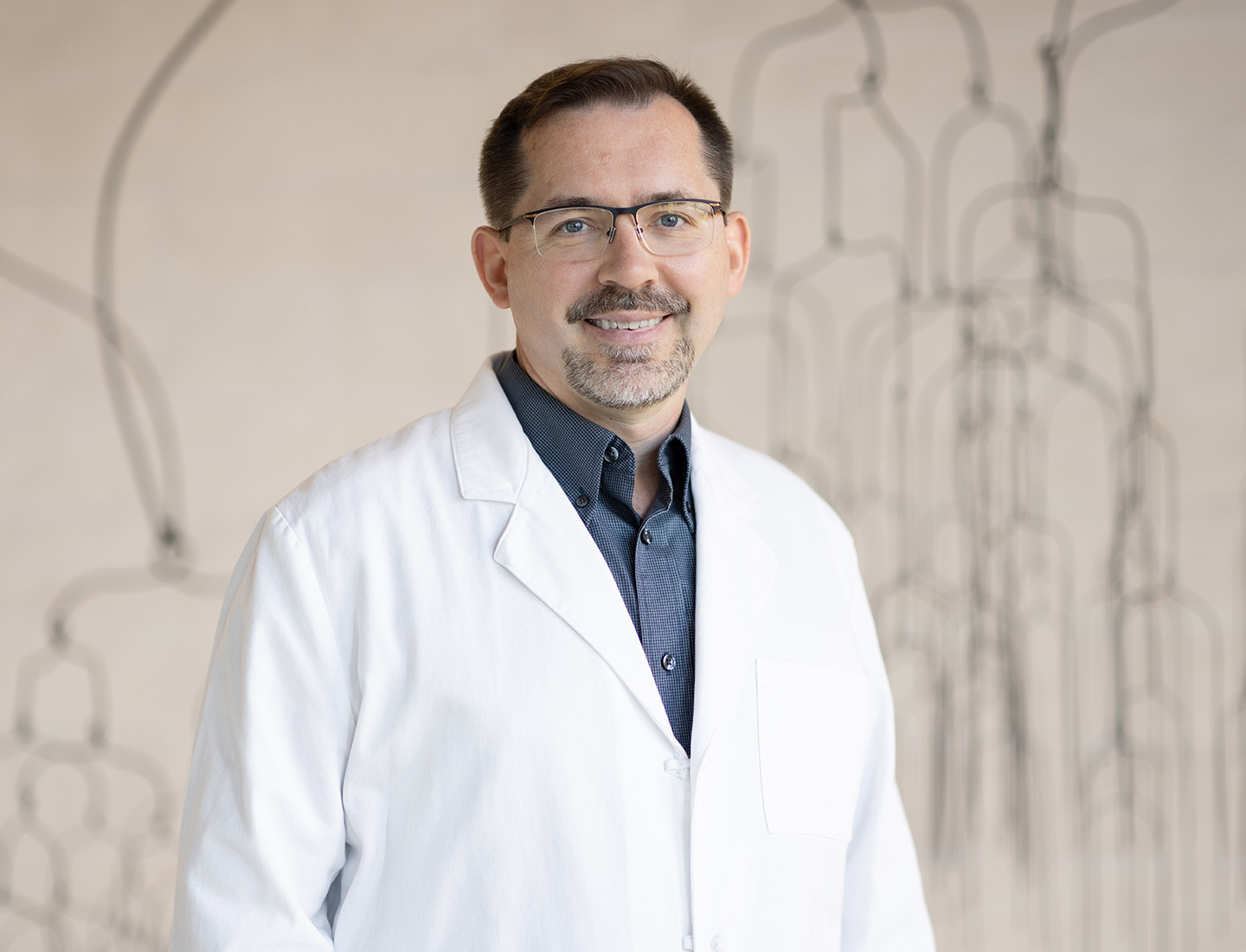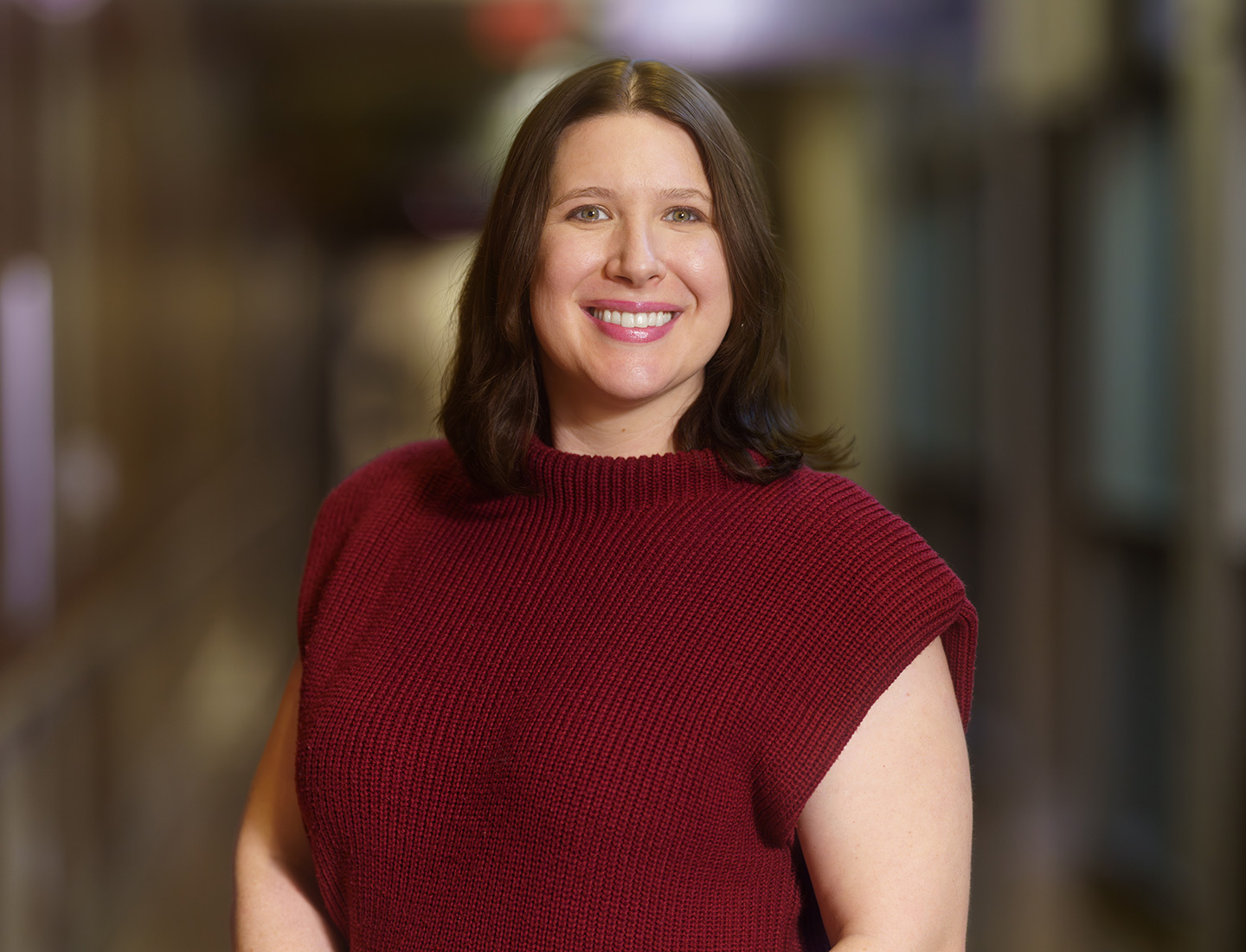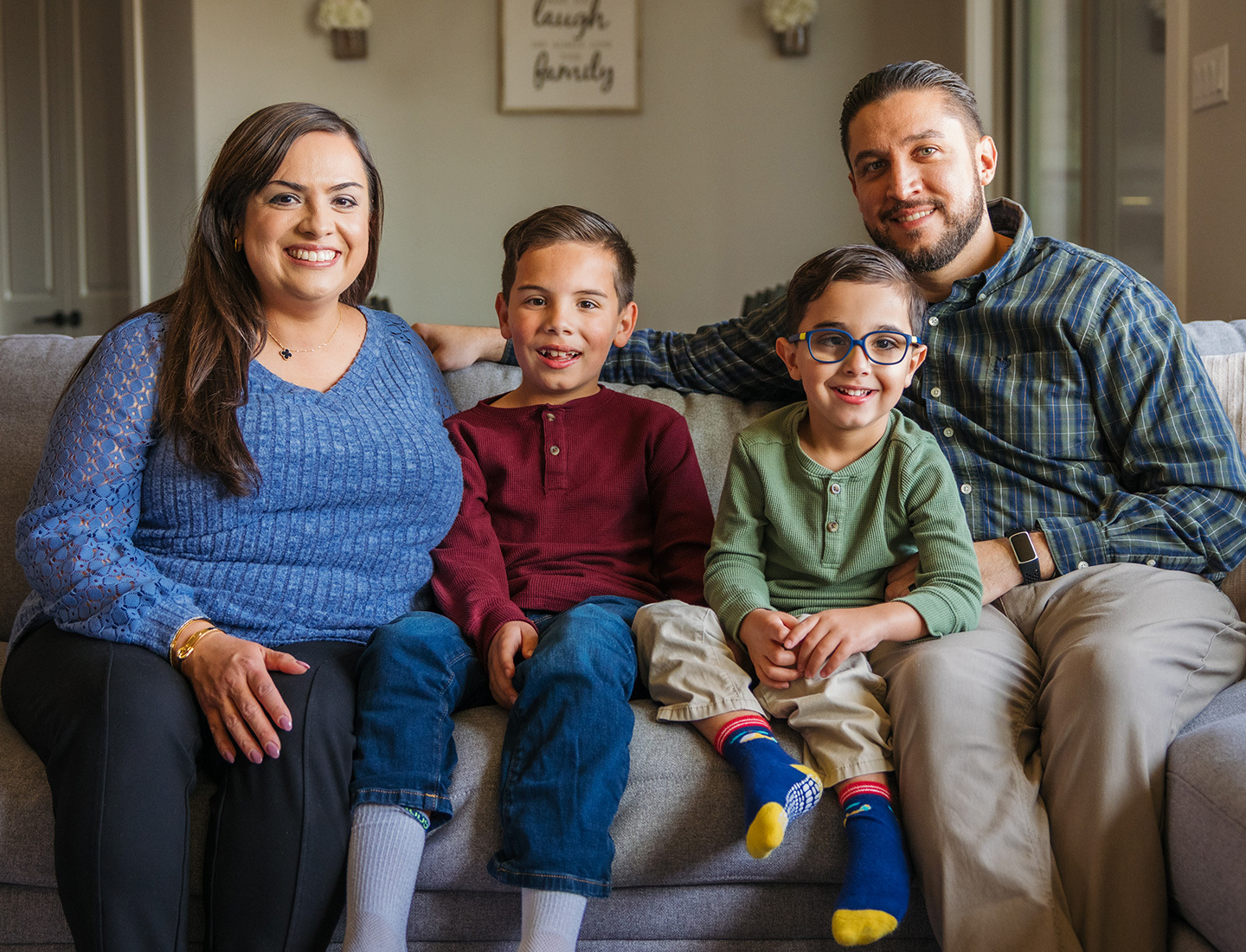
Latest Blogs

Weight loss medications explained
Curious about weight loss medications like Ozempic, Wegovy or Mounjaro? Felipe De Jesus Flores, M.D., a UT Health Austin primary care physician, explains how these FDA-approved drugs work, who they’re meant for, and why they’re not a quick fix. Learn how GLP-1 medications support long-term health goals, what to expect with side effects, and why a trusted doctor should guide the journey.
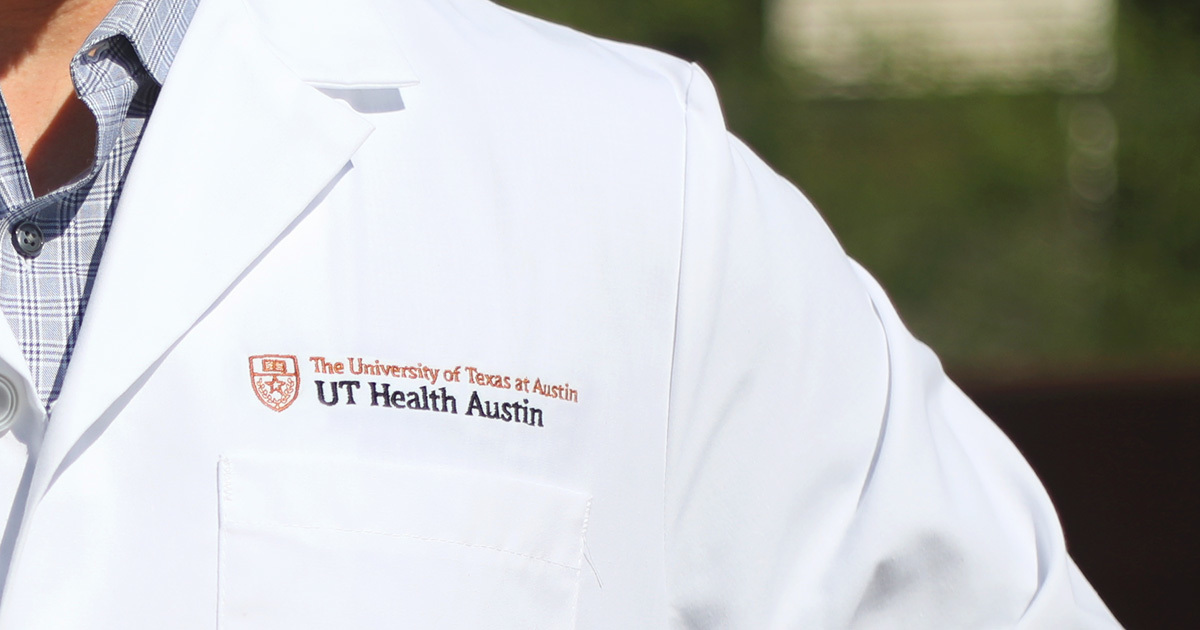
UT Health Austin physicians among Austin Monthly’s 2026 Top Doctors
51 UT Health Austin doctors recognized as Top Doctors in the January 2025 issue of Austin Monthly magazine.

Leading the way in esophageal and foregut surgery
At UT Health Austin, deep specialization meets comprehensive care to deliver relief for complex digestive disorders.
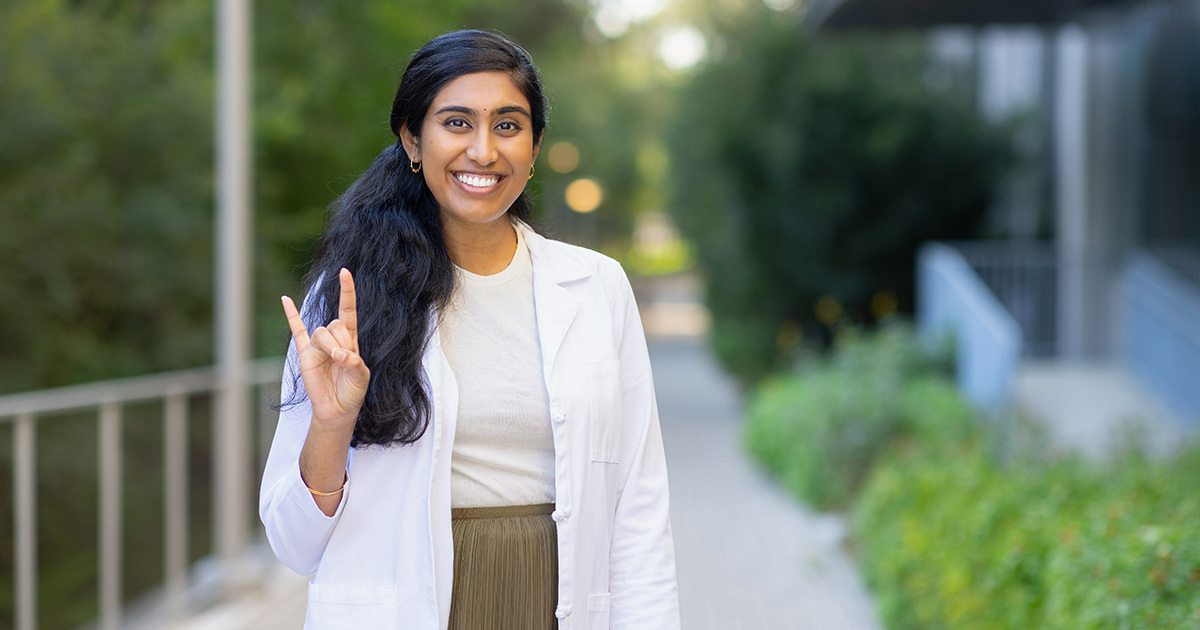
Meet Dr. Divya Rayapati, UT Austin’s new gastroenterologist and hepatologist
With expertise in liver and digestive health, Dr. Rayapati brings a thoughtful, patient-first approach to the Gastroenterology Clinic at UT Health Austin.
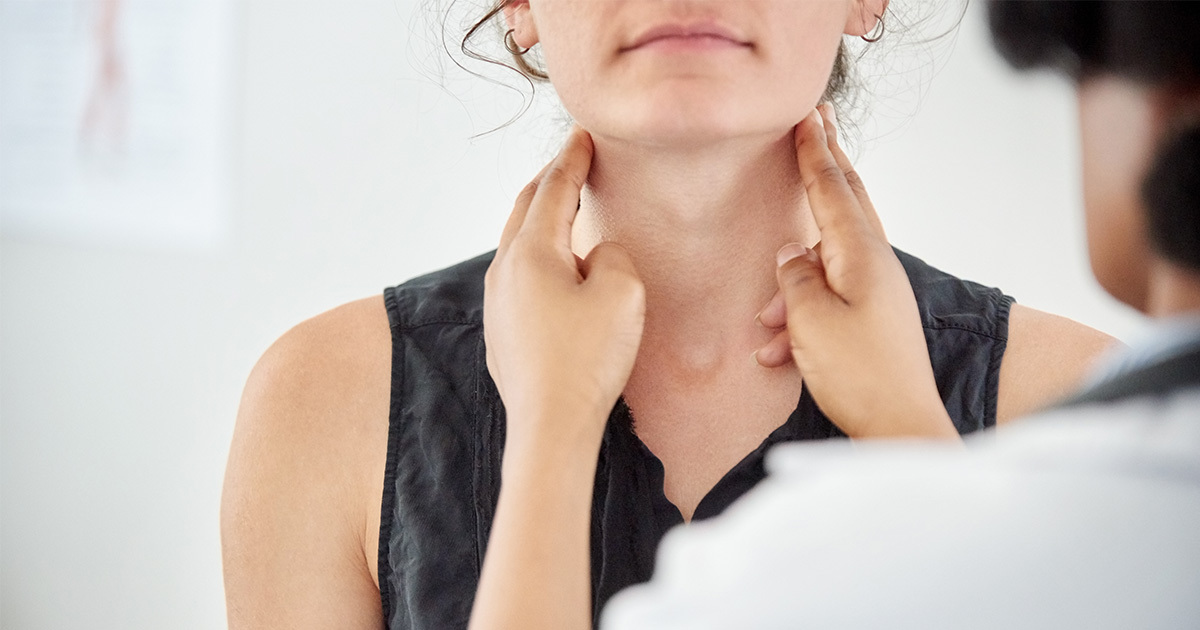
Timely Treatment, Healthier Futures
UT Health Austin endocrinologist and lifestyle medicine specialist Dr. Sowmya Boddhula explains how early care for hormone-related conditions can prevent serious complications and support long-term health.
